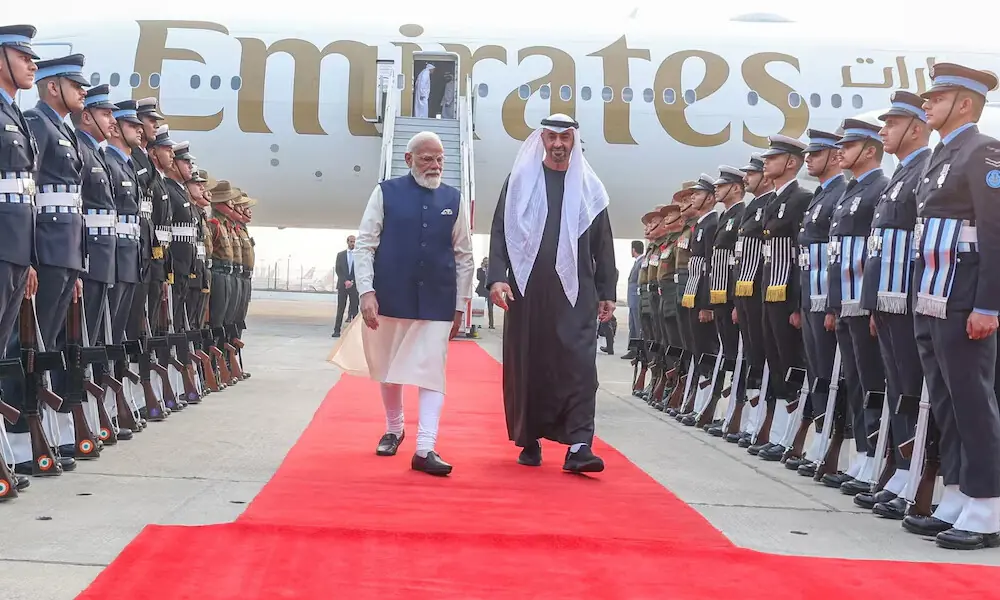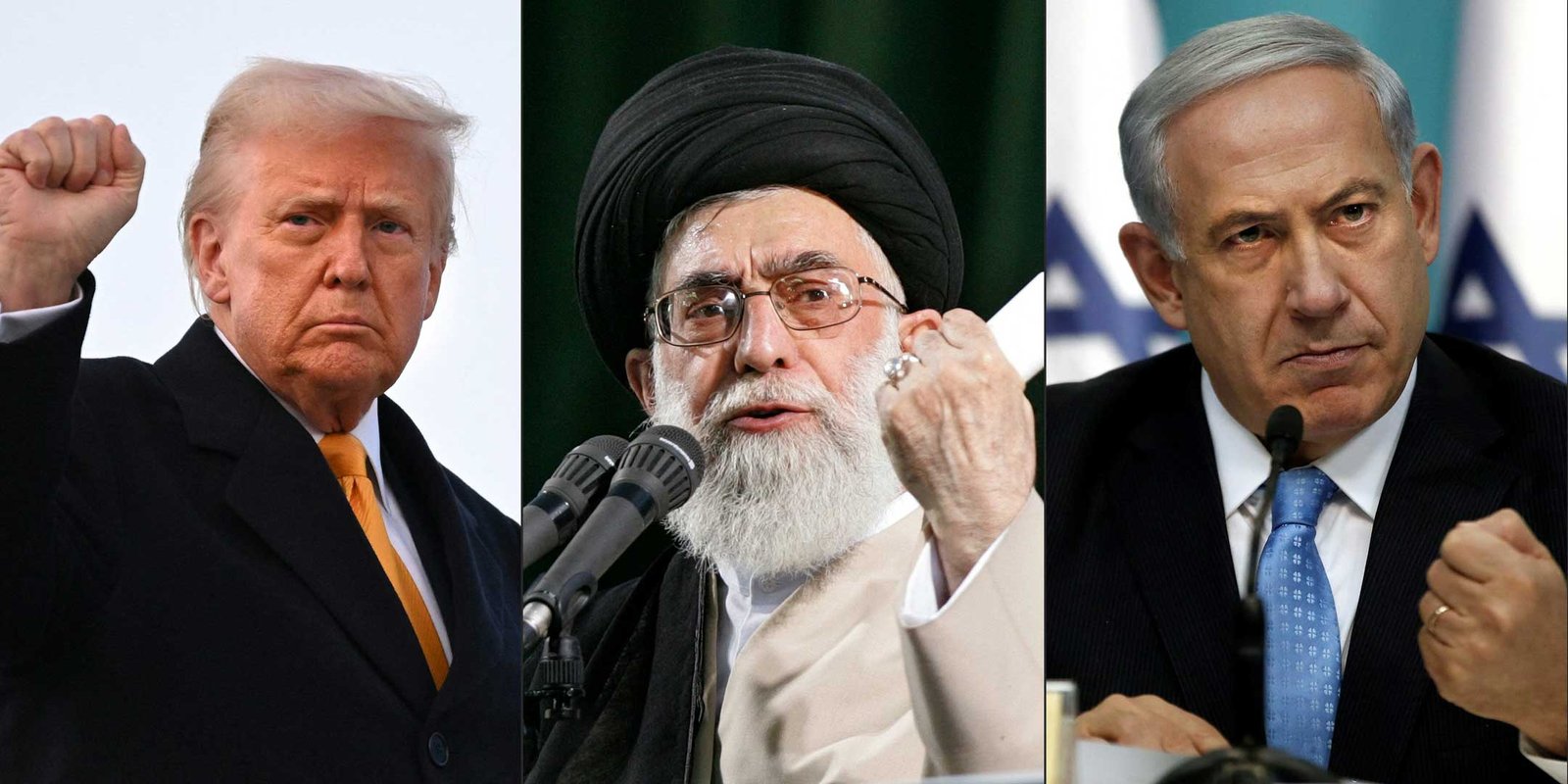In a decisive response to India’s recent moves, Pakistan’s National Security Committee (NSC) warned on Thursday that any attempt by New Delhi to block or alter the flow of water legally allocated to Pakistan under the Indus Waters Treaty would be seen as an act of war.
The warning came following a high-level NSC meeting chaired by Prime Minister Shehbaz Sharif, where Pakistan’s top civil and military leadership unanimously rejected India’s unilateral suspension of the historic water-sharing treaty. The NSC underscored that water is a critical national interest and a lifeline for over 240 million Pakistanis, and that Pakistan would defend its rights with full national strength.
“Any diversion or obstruction of Pakistan’s water will be considered a declaration of war,” the NSC said in a strongly worded statement.
The committee described India’s actions as reckless, illegal, and in violation of international law and UN resolutions, especially following the attack in Pahalgam, Indian-occupied Kashmir, which left 26 people dead. India has accused Pakistan of involvement without evidence, sparking a new wave of diplomatic and economic retaliation.
Pakistan’s Immediate Countermeasures:
- Indus Waters Treaty suspension rejected and defended as an internationally brokered agreement
- Closure of Wagah Border and complete ban on trade with India, including third-country routed commerce
- Airspace shut to all Indian-owned or operated flights
- Indian diplomatic staff in Islamabad capped at 30 (down from 55), effective April 30
- High Commission military and defence advisors declared persona non grata
- SAARC Visa Exemption Scheme for Pakistanis revoked by India; all Pakistani nationals ordered to leave India by May 1
Meanwhile, Pakistan’s political and military leaders, including Defence Minister Khawaja Asif, accused India of staging a false flag operation in Pahalgam to justify aggressive measures and distract from its own internal unrest and failures in Kashmir. Asif emphasized that Pakistan firmly condemns terrorism in all forms, but also reserves the right to respond to provocations.
Domestic Unity and International Messaging
Political figures across party lines and regions—including PPP’s Shazia Marri, AJK President Barrister Sultan Mehmood, and Jamaat-e-Islami chief Hafiz Naeemur Rehman—echoed a unified stance in condemning India’s actions and reaffirmed support for Pakistan’s armed forces.
The Pakistan Business Forum called for an immediate freeze on all bilateral trade engagements and urged customs authorities to return Indian goods imported via third countries. The Supreme Court Bar Association has also demanded the expulsion of Indian diplomats within 48 hours, citing India’s attempt to shift focus from its rights violations in occupied Kashmir.
“India’s allegations are baseless. This is not about blame—this is about defending our sovereignty and our right to survival,” said Marri, stressing that the international community must intervene to prevent India from weaponizing water.
The escalating tensions mark a critical turning point in Pakistan-India relations, with both sides digging in over diplomacy, trade, and critical water resources—all while public outrage and media pressure intensify across both countries.















